10 Smart tips for saving your water bills


Conserving water is a vital practice that should be approached consciously, as it serves not only to combat drought issues but also to cut down on expenses. Numerous households find themselves having to pay for water usage exceeding a set limit annually, constituting an avoidable financial burden. Cultivating the habit of water conservation is beneficial. At present, there exist diverse methods to save water, and PropertyScout has compiled 10 effective strategies to share.
Why saving water matters

Water is recognized as a plentiful and essential resource crucial for the survival of all living beings, encompassing humans, animals, and plants. In the contemporary world, human water consumption is on a consistent upward trajectory, driven by diverse activities like daily living, agriculture, and industry. This escalating trend presents environmental challenges that require urgent attention and resolution.
For instance, the drought crisis experienced by Thailand in 2020 and the widespread flooding issues in 2011 and 2021 were primarily consequences of insufficient management of available water resources. Moreover, these incidents were influenced by various other factors, such as:
- Prolonged dry periods result from insufficient rainfall.
- The situation is aggravated by unsuitable terrain characteristics.
- The problem is compounded by inadequate water management and excessive water wastage.
- Improper water usage practices give rise to water pollution.
- Deforestation, essential for water absorption, is undergoing destruction.
As a result of these errors, the present amount of clean water consistently diminishes. This decline can have extensive impacts on the livelihoods of various life forms in numerous aspects, including:
- Water shortage in the way of consumption, agriculture, industry, and electrical generation for humans.
- Water shortage in the way of consumption and survival for animals.
- Water transportation difficulties.
- Intensified water pollution.
Despite the various causes of drought-related problems, a key factor directly linked to humans is the wasteful use of water. Consequently, initiating water conservation in daily life is crucial to alleviate environmental issues and maintain sustainable water resources. This endeavor not only promotes environmental well-being but also aids in reducing daily expenses.
Water-saving tips
Apart from water wastage, the rising water costs may stem from the degradation of the plumbing system, leading to potential leaks. This could result in an additional loss of up to 30% more water than usual. Furthermore, adopting these water-saving methods may contribute to a corresponding decrease in water expenses.
Check for leakage
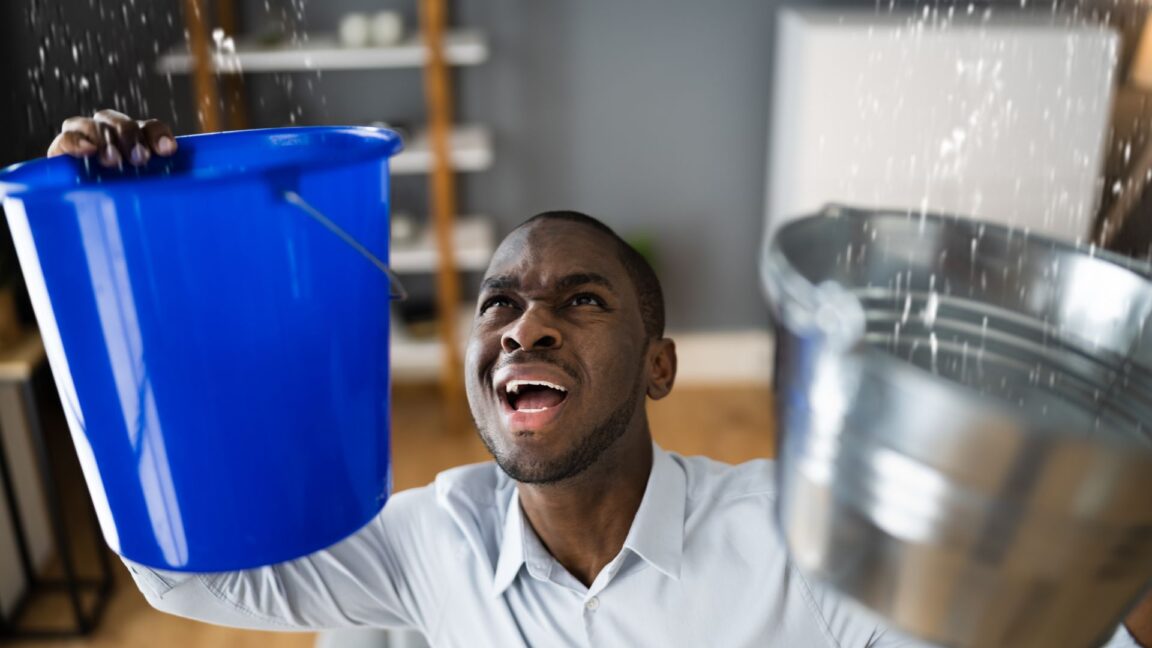
Numerous leaks contribute significantly to water wastage. Attempt to address this by shutting off water valves and inspecting each section of the house separately. In the case of two-story houses, initiate the process by closing water valves on the upper floor before progressing downward to the lower floor. Plumbing is a common source of leaks, and if the pipes are not buried underground, visual inspection is possible. However, if they are buried, monitor the water meter. If the meter continues to run despite all valves being closed, it signals a leak.
Plan your laundry
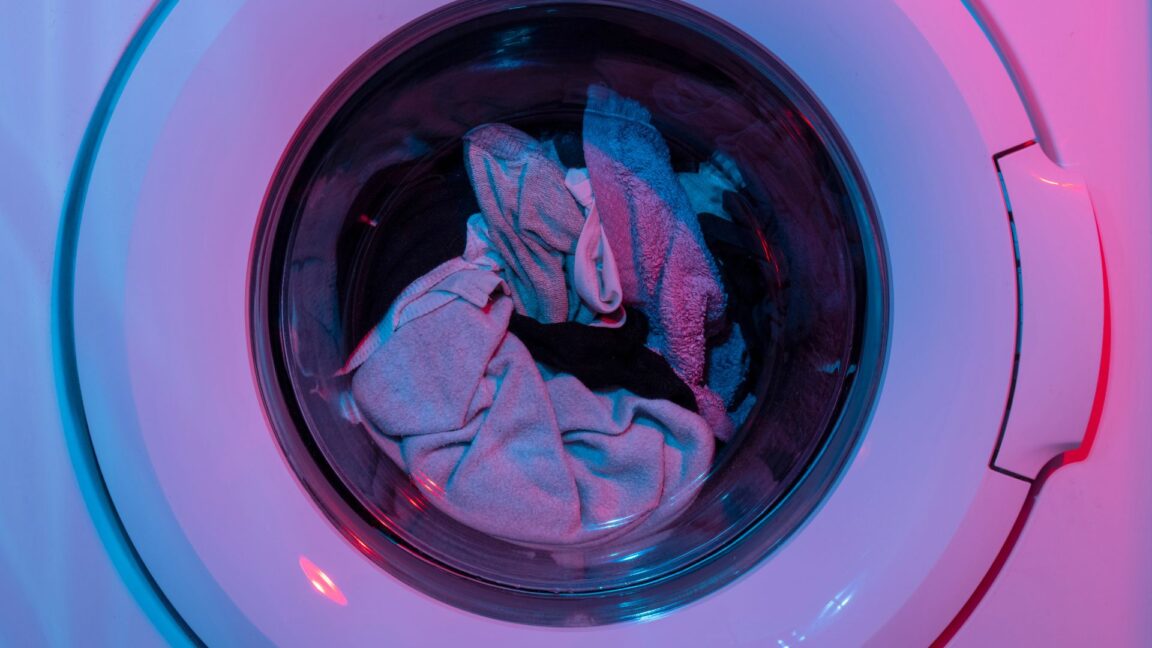
You heard correctly! During each laundry or dishwashing session, many people have developed a habit of using large amounts of water without considering wastage. Therefore, consider changing this behavior by doing laundry twice a week or washing dishes twice a day to promote water conservation.
Washing a minimal amount of laundry at a time leads to more water wastage compared to washing a larger quantity. Opting for a laundry schedule of once every 1-2 weeks is appropriate, given that a washing machine consumes an average of up to 100 liters per cycle. Therefore, handwashing is also an effective method for water conservation. If using a washing machine, consider using the ECO mode or selecting the appropriate clothing quantity to align with reality, further enhancing water savings.
Do the laundry by hand instead of using a washing machine
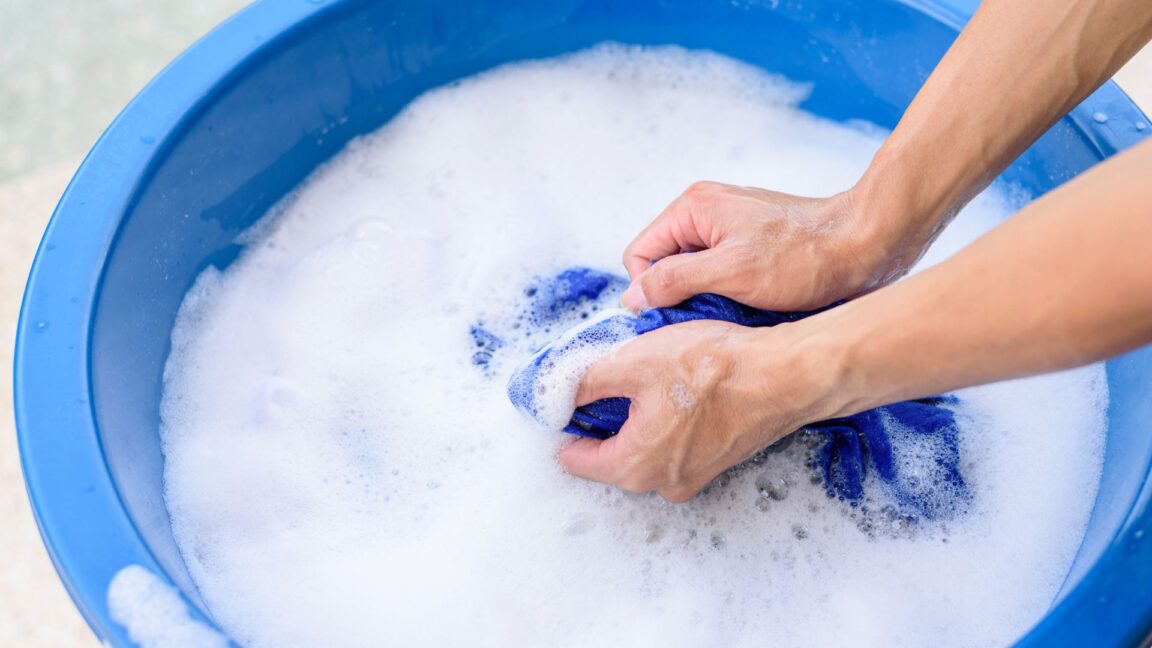
In today's times, handwashing clothes is nearly obsolete due to the convenience brought by electrical appliances like washing machines. Nevertheless, handwashing persists as an excellent water-saving method. If handwashing proves inconvenient, I recommend opting for a front-loading washing machine. This type is more water-efficient than top-loading machines, and its automatic system alleviates the need to worry about changing water, contributing to saving approximately one unit of water.
Don't leave the water turned on while dish-washing
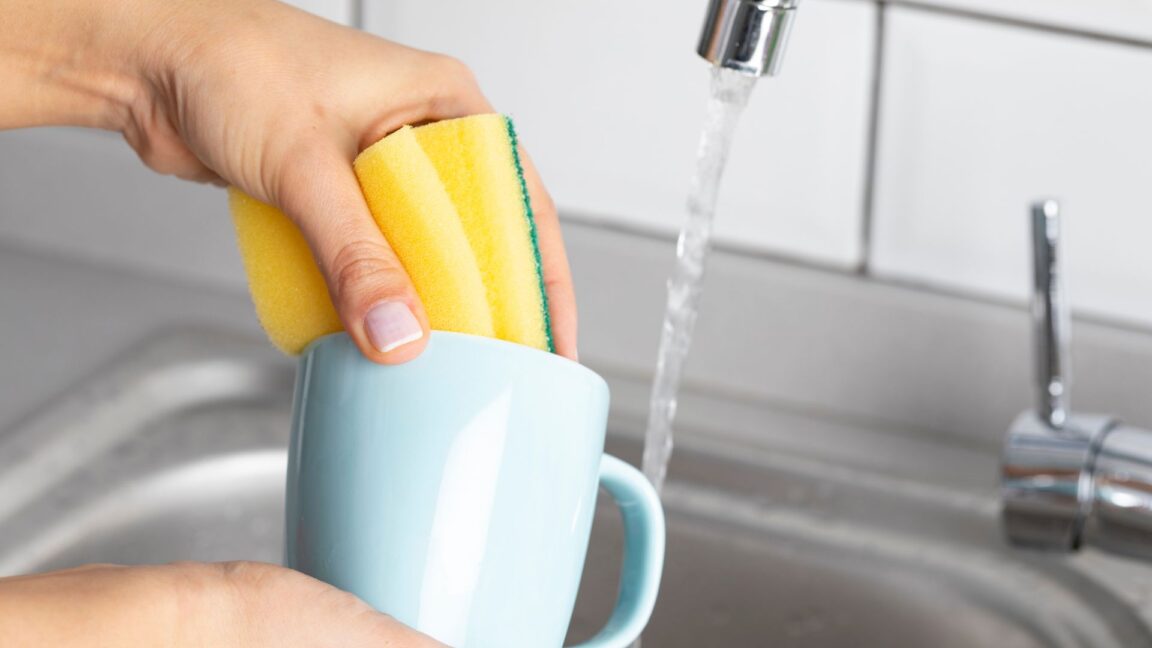
Many individuals believe that washing dishes under running water ensures better cleanliness. However, ponder on the significant water wastage if you adopt this approach for each dish. Consider a slight modification in your method by using a paper towel to wipe off leftover debris before immersing the dish in a basin or sink filled with water. This approach not only conserves water but also results in dishes being cleaner compared to washing them under running water.
Use a glass to help with gargling when brushing your teeth
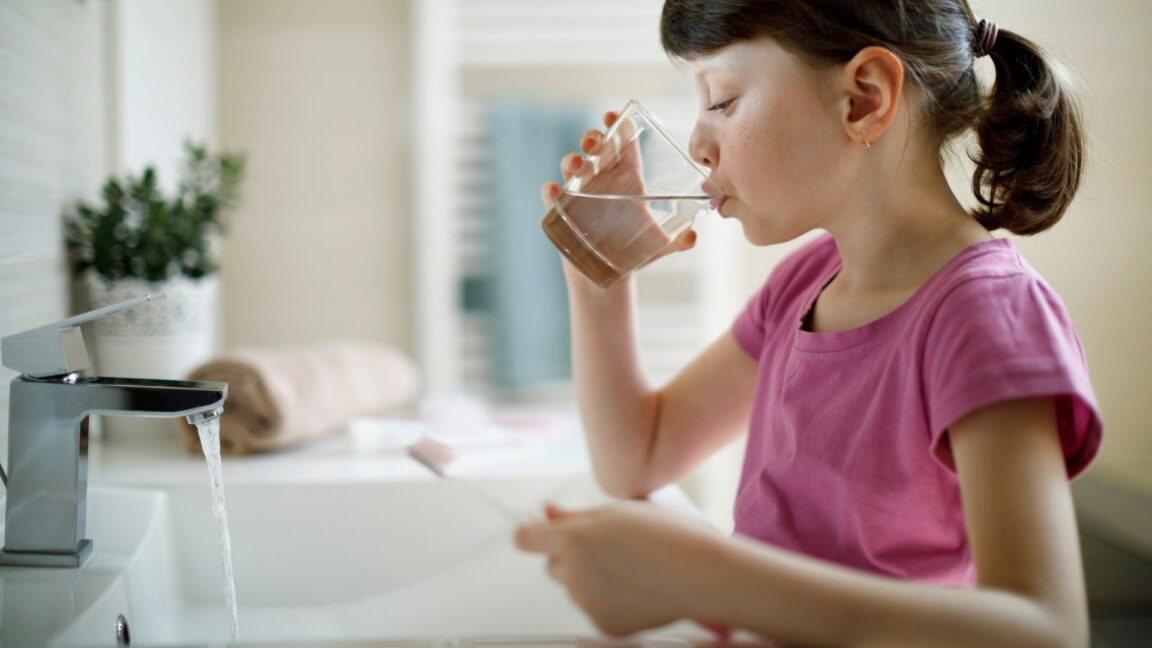
People have a habit of leaving the faucet running unnecessarily during their morning and bedtime routines. This practice contributes to water wastage. Consider switching to using a glass while brushing your teeth, as will significantly help conserve water.
Use liquid soap and don't shower for too long
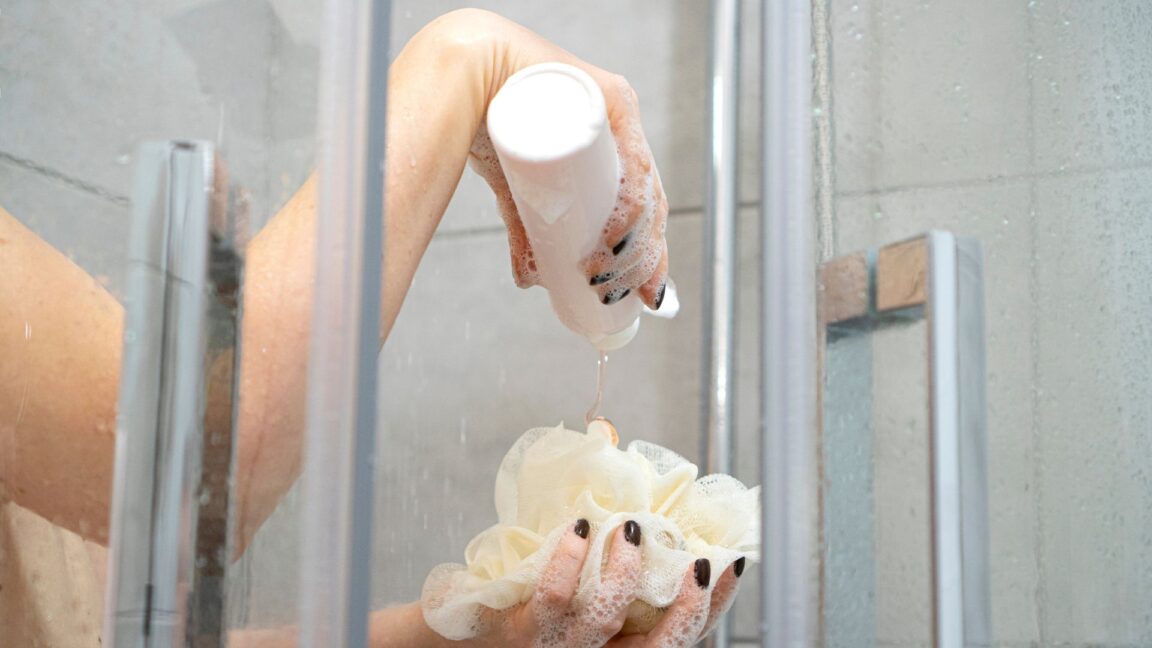
A prolonged shower doesn't ensure thorough cleanliness. Achieving the same level of cleanliness can be done with a quick shower, reducing water consumption. Consider shortening your shower duration to conserve water. Moreover, choosing liquid soap over bar soap facilitates easier rinsing from the body, minimizing residues. This not only allows for a faster rinse but also contributes to water conservation.
Refrain from disposing of trash in the toilet
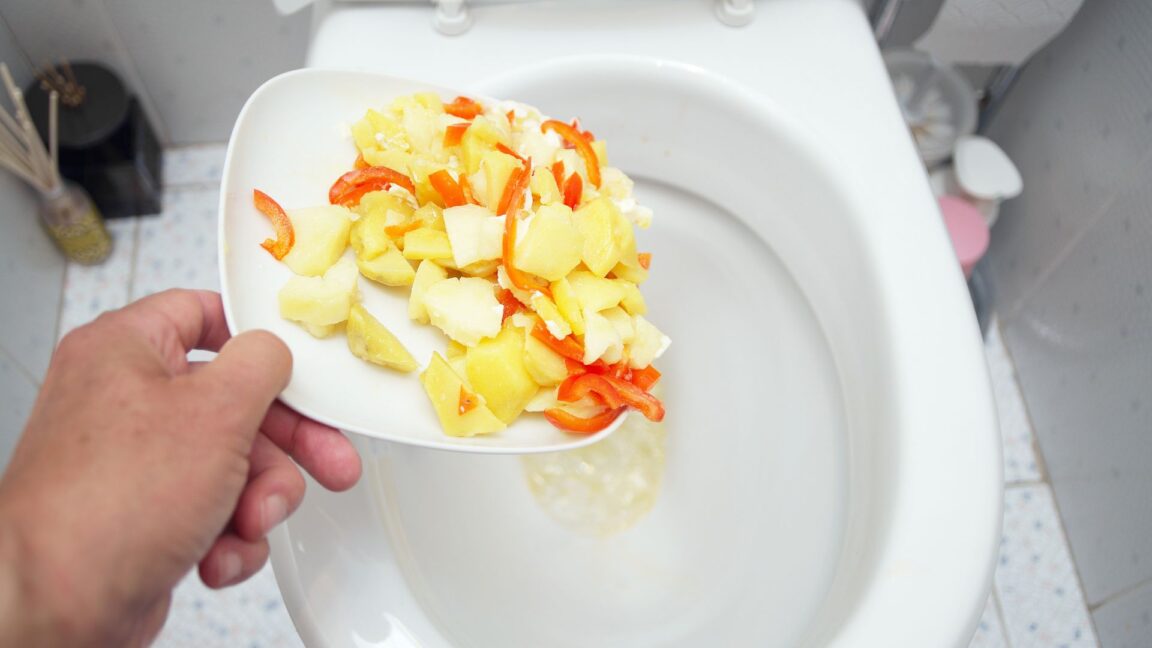
Usually, you would dispose of trash in in any of the designated bins. Avoid disposing of items such as tissue paper, sanitary napkins, and cigarettes in the toilet bowl. This practice is not a good idea and would result in an increased water usage for flushing.
Drink water moderately
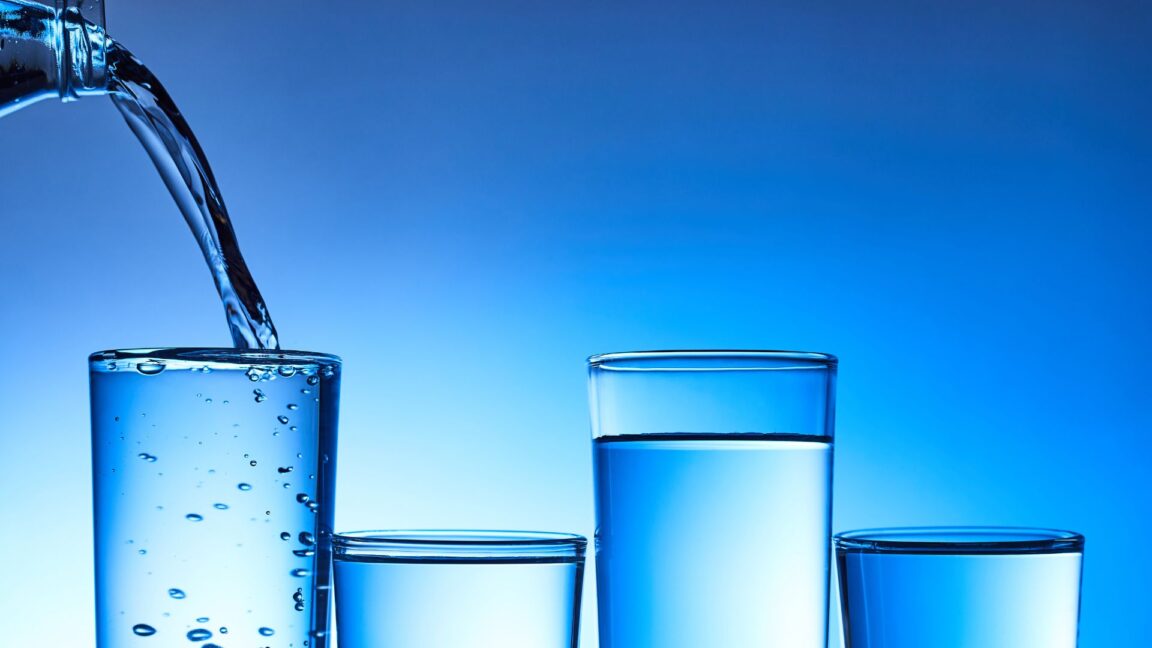
When filling a glass with water, many people tend to fill wastefully it to the brim, only to leave some undrunk and disposing of it in the end. Going forward, try pouring only the amount you intend to drink or find alternative uses for the remaining water, such as watering plants.
Wash the fruits in a bowl
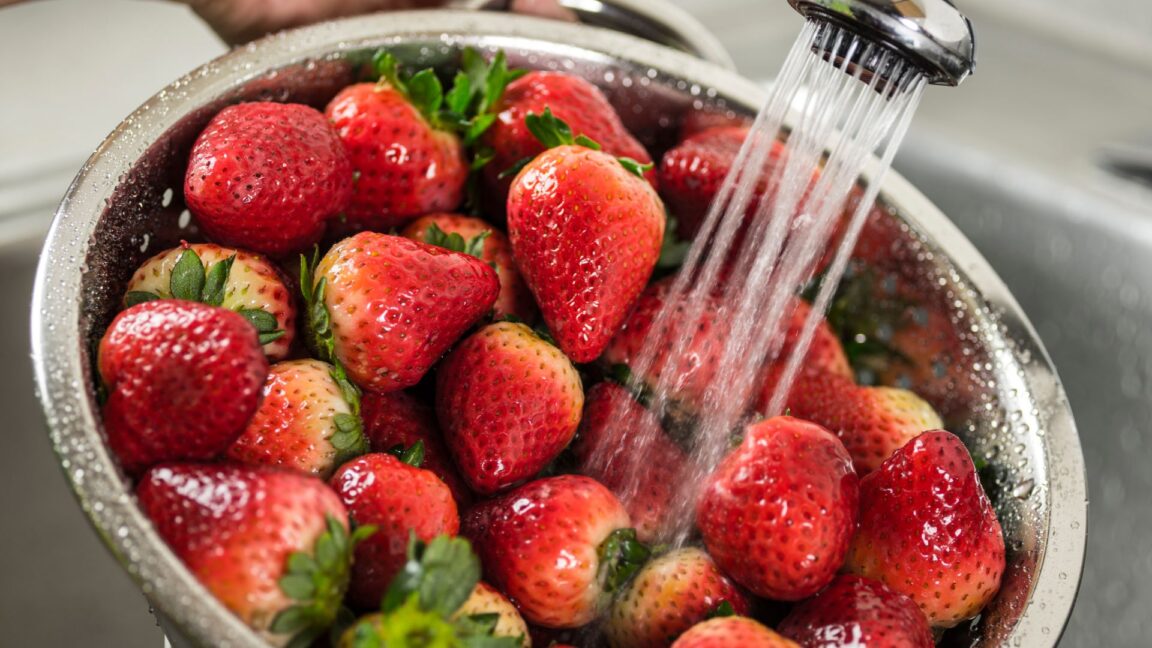
Leaving the water running while washing vegetables or fruits results in more wasted water. Instead, consider filling a bowl or a large container with water and placing the vegetables or fruits in it for cleaning. This method keeps the ingredients clean without wasting excess water.
Change your car wash methods
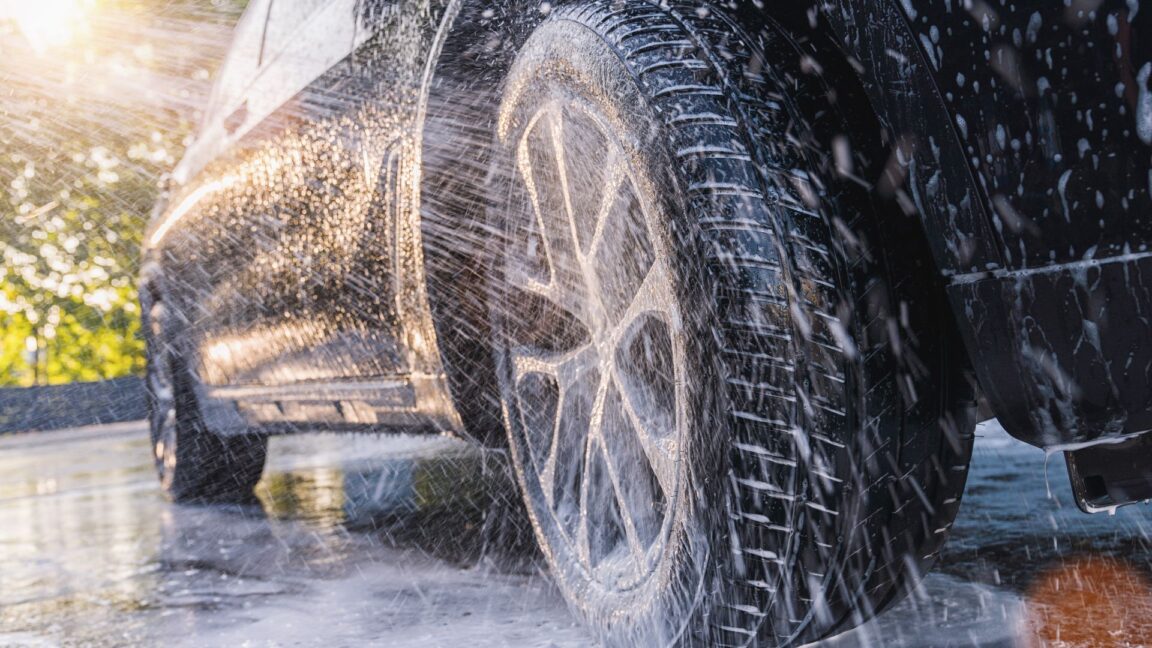
Are you aware that washing your car each time consumes as much as 150-200 liters of water in one go? Consider transitioning from traditional car washing to a top-down approach using a bucket of water instead of a hose. This can result in saving approximately 20-50% of water. Another water-saving technique involves washing your car on grass if you have a lawn or front yard. Give it a try by parking your car on the grass and washing it. Not only will your car be clean, but you'll also be watering the grass in the process.
Read More:
Bottom Line
The recommendations presented offer straightforward and easily adoptable behavioral changes that might not be immediately apparent. Initiating these adjustments can notably contribute to both water and cost savings within the household. Additionally, these water-saving methods play a crucial role in promoting sustainable water resource conservation.
Looking for property rentals or sales? Get in touch with us at PropertyScout today!



